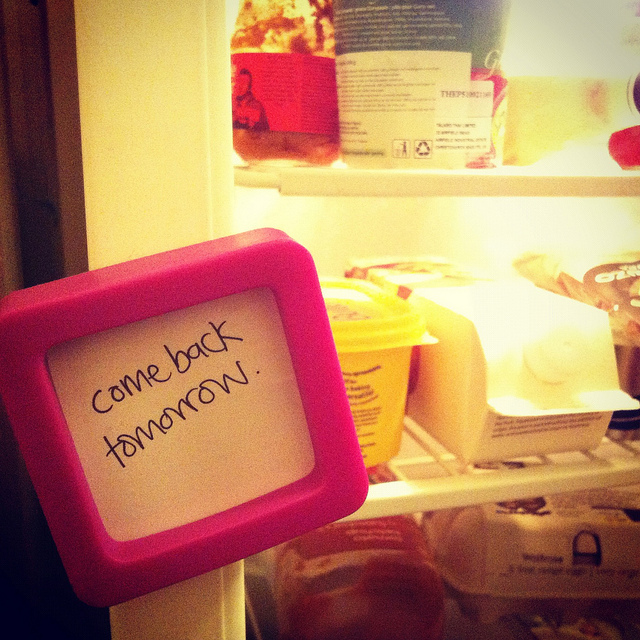
This is not a diet, nor is it starving yourself. It is taking an extended break between the times that you eat, which is typically your last meal of the day and first of the next day. It will help your body burn fat, reduce inflammation, repair your genes, and increase vitality.
When you’re eating, your body is digesting and absorbing. There’s lots of work to do. After about 8-12 hours, your body has completed absorption and enters a fasted state. You no longer have to handle turning food into fuel (or what to do with the leftovers). There is ample opportunity for your body to heal, repair, and even tap into fat reserves to use as energy.
Most of us don’t make it into this fasting state. Eating a late dinner, snacking on desserts, or eating immediately upon waking up keeps the body in a digesting and absorbing state. A constant drip of carbohydrates and sugars has the body dealing with insulin, blood sugar, and hormonal disruption for most of the day. Outdated recommendations for eating small meals all day long can lead to excess calories and insulin resistance.
Not eating (or drinking) after dinner saves you from empty, sugar-packed calories. Your body can head into sleep without having to digest. Initially, you will notice you sleep better, have less acidic reactions, and wake up more refreshed. If you finished dinner at 8 pm, skip dessert, and wake up at 6 am the next day, your body is well on its way to fasting state.
This is when some profound benefits start to kick in. Your body begins to normalize insulin sensitivity and tap into fat reserves for fuel. Ghrelin levels, known as the “hunger hormone”, are stabilized, further crushing our knee-jerk reactions to get more food. Human Growth Hormone (HGH) levels increase significantly, which plays a huge role in building muscle and burning excess fat. The body has a chance to remove excess free radicals and other markers of oxidative stress. Your cell function on every level has a chance to optimize.
Don’t rush to eat breakfast right away! Allow your body to do its thing for a few more hours. After a little practice, you’ll be amazed at both how easy it becomes and how good you feel. Incorporate intermittent fasting as part of your healthy lifestyle practice. This doesn’t have to be an everyday event. Try it once a week and see how it feels. Here are a few tips to begin exploring:
- Pay attention to when your last meal of the day is and first meal of the next day. How long is it between meals?
- Introduce yourself to intermittent fasting by simply not eating after dinner (try to eat earlier than usual).
- Wait before eating the next morning (feel free to have water).
- Challenge yourself, but don’t go crazy. Eat when you need to. Remember this is a habit to be explored and personalized.
- Start by shooting for 10 hours of no food. If you include sleep time, this should be very manageable. This is roughly when your body enters fasting state.
- Work your way up to 12-14 hours and see how you feel (i.e. done eating dinner at 7 pm, eating breakfast at 9 am).
- This isn’t for everybody, so if you have serious medical concerns please consult your physician before attempting.
